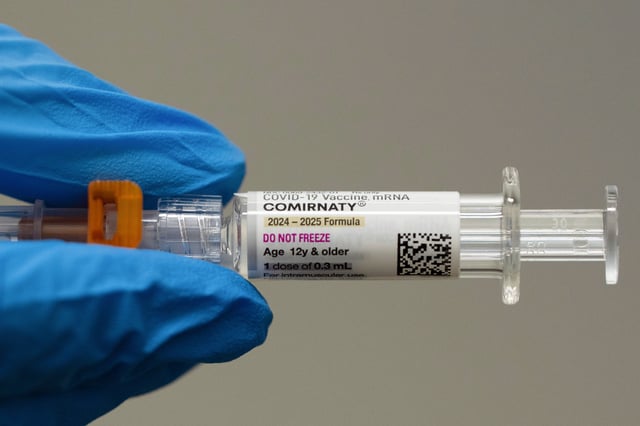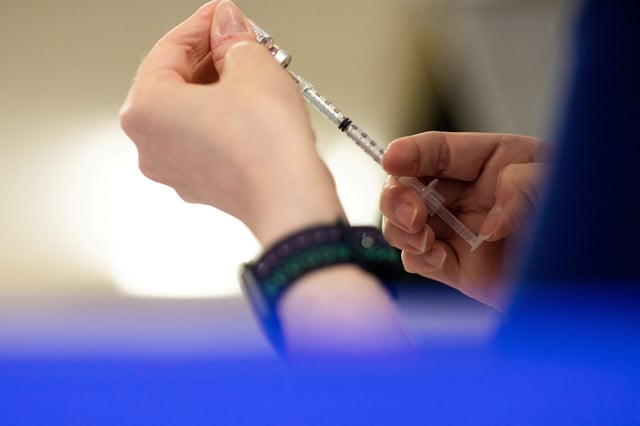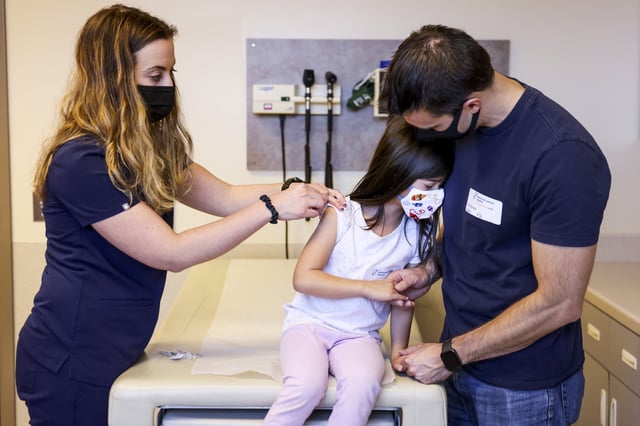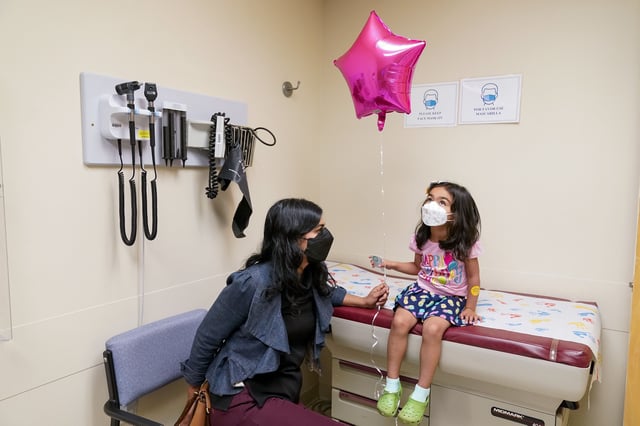Overview
- Updating its immunization schedule, the American Academy of Pediatrics urges COVID-19 vaccination for all children ages 6–23 months and recommends doses for certain higher-risk youths ages 2–18, with healthy older children eligible at family request.
- Federal policy now treats COVID-19 shots for healthy children as an option through shared clinical decision-making after a May announcement by HHS Secretary Robert F. Kennedy Jr., and the reconstituted ACIP has not voted on pediatric recommendations.
- The AAP cites CDC data showing children under 2 have the highest pediatric COVID-19 hospitalization rates, with rates for ages 6–23 months comparable to adults 50–64.
- The split from ACIP raises questions about private insurance obligations and Vaccines for Children program supply, and the AAP is urging insurers to cover vaccines included in its schedule.
- The AAP and other medical groups sued HHS in July over unilateral changes to vaccine policy, while the FDA has signaled it may limit future pediatric COVID-19 authorizations, potentially affecting availability this fall.



